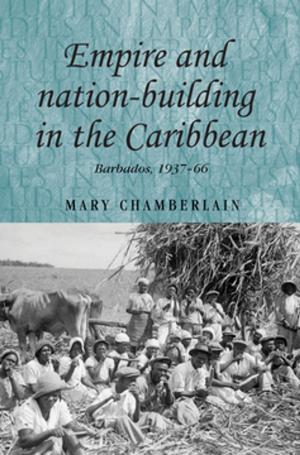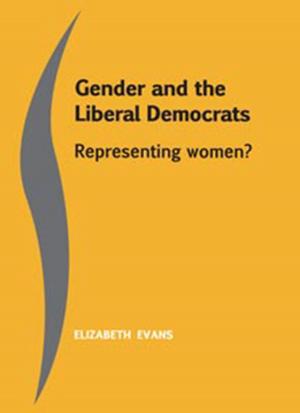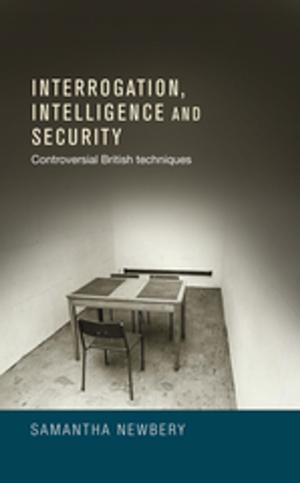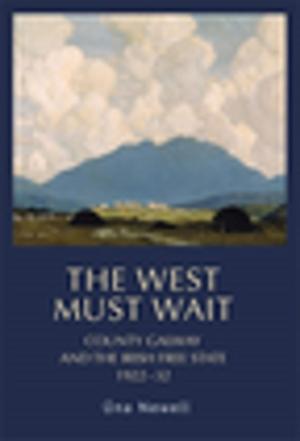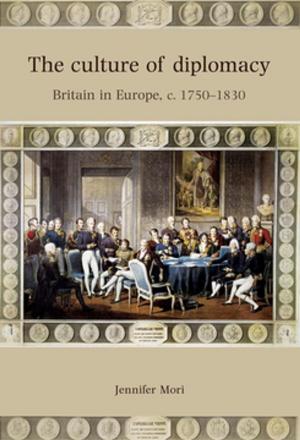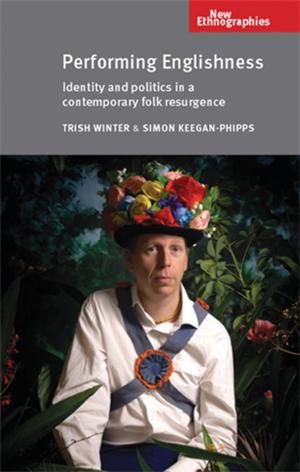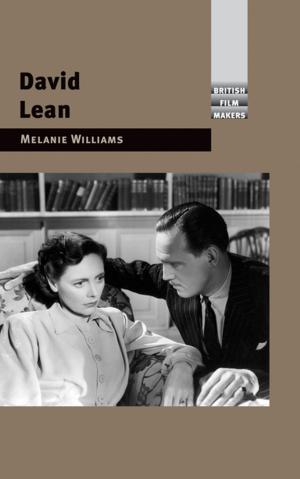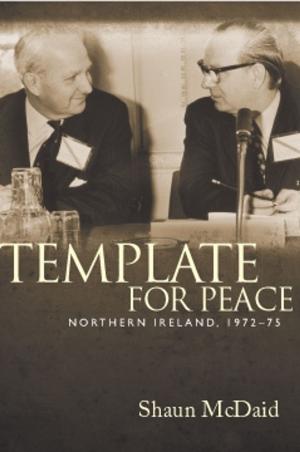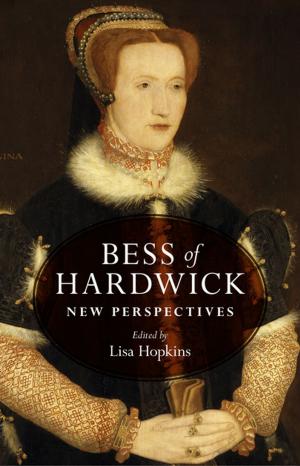Cinema, democracy and perfectionism
Joshua Foa Dienstag in dialogue
Nonfiction, Entertainment, Film, History & Criticism, Performing Arts, Social & Cultural Studies, Political Science, Politics, History & Theory| Author: | ISBN: | 9781784997793 | |
| Publisher: | Manchester University Press | Publication: | July 14, 2016 |
| Imprint: | Manchester University Press | Language: | English |
| Author: | |
| ISBN: | 9781784997793 |
| Publisher: | Manchester University Press |
| Publication: | July 14, 2016 |
| Imprint: | Manchester University Press |
| Language: | English |
In the lead essay for this volume, Joshua Foa Dienstag engages in a critical encounter with the work of Stanley Cavell on cinema, focusing skeptical attention on the claims made for the contribution of cinema to the ethical character of democratic life. In this debate, Dienstag mirrors the celebrated dialogue between Rousseau and Jean D'Alembert on theatre, casting Cavell as D'Alembert in his view that we can learn to become better citizens and better people by observing a staged representation of human life, with Dienstag arguing, with Rousseau, that this misunderstands the relationship between original and copy, even more so in the medium of film than in the medium of theatre. Dienstag's provocative and stylish essay is debated by an exceptional group of interlocutors comprising Clare Woodford, Tracy B. Strong, Margaret Kohn, Davide Panagia and Thomas Dumm. The volume closes with a robust response from Dienstag to his critics.
In the lead essay for this volume, Joshua Foa Dienstag engages in a critical encounter with the work of Stanley Cavell on cinema, focusing skeptical attention on the claims made for the contribution of cinema to the ethical character of democratic life. In this debate, Dienstag mirrors the celebrated dialogue between Rousseau and Jean D'Alembert on theatre, casting Cavell as D'Alembert in his view that we can learn to become better citizens and better people by observing a staged representation of human life, with Dienstag arguing, with Rousseau, that this misunderstands the relationship between original and copy, even more so in the medium of film than in the medium of theatre. Dienstag's provocative and stylish essay is debated by an exceptional group of interlocutors comprising Clare Woodford, Tracy B. Strong, Margaret Kohn, Davide Panagia and Thomas Dumm. The volume closes with a robust response from Dienstag to his critics.


